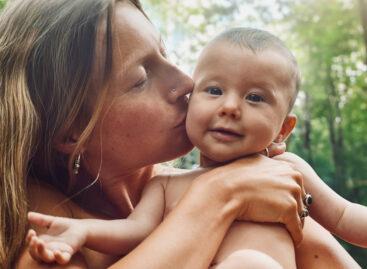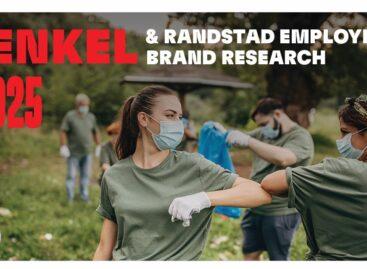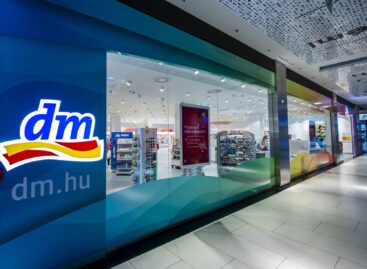No clothes left dry…
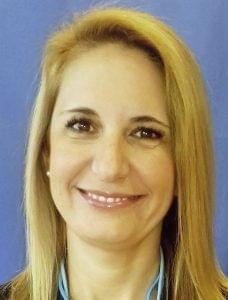
Yvette Krubl
corporate communications manager CEE
Procter&Gamble
According to Yvette Krubl, Procter&Gamble’s corporate communications manager in Central and Eastern Europe, laundry detergent volume sales stayed put in the July 2021-June 2022 period, while in value sales there was a single-digit growth.
“In the region and in Hungary, one of the most popular laundry detergent types is Ariel gel’s liquid laundry detergent variants. Multifunctional products are still popular – those that can be used not only for washing textile, but for cleaning various surfaces as well. Liquid laundry detergents increased their market share further, and they now have almost 60% of the category” – she added.
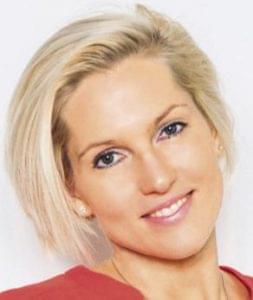
Katalin István
marketing manager
Herbow International
Katalin István, Herbow International Zrt.’s marketing director: “Value sales were up 13.8% in the eco laundry detergent segment, which now constitutes 2% of the total category. Herbow is the market leader among small brands with its 6.2% share, only Frosch is ahead of us with its 18.2% share. All Herbow laundry detergents and washing-up products come in gel format.”
This year the company introduced several new products to the market, e.g. Herbow Jeans stain remover, Herbow baby and bambino stain remover. In September the biggest event was launching the DIEGO by herbow laundry detergents and cleaners.
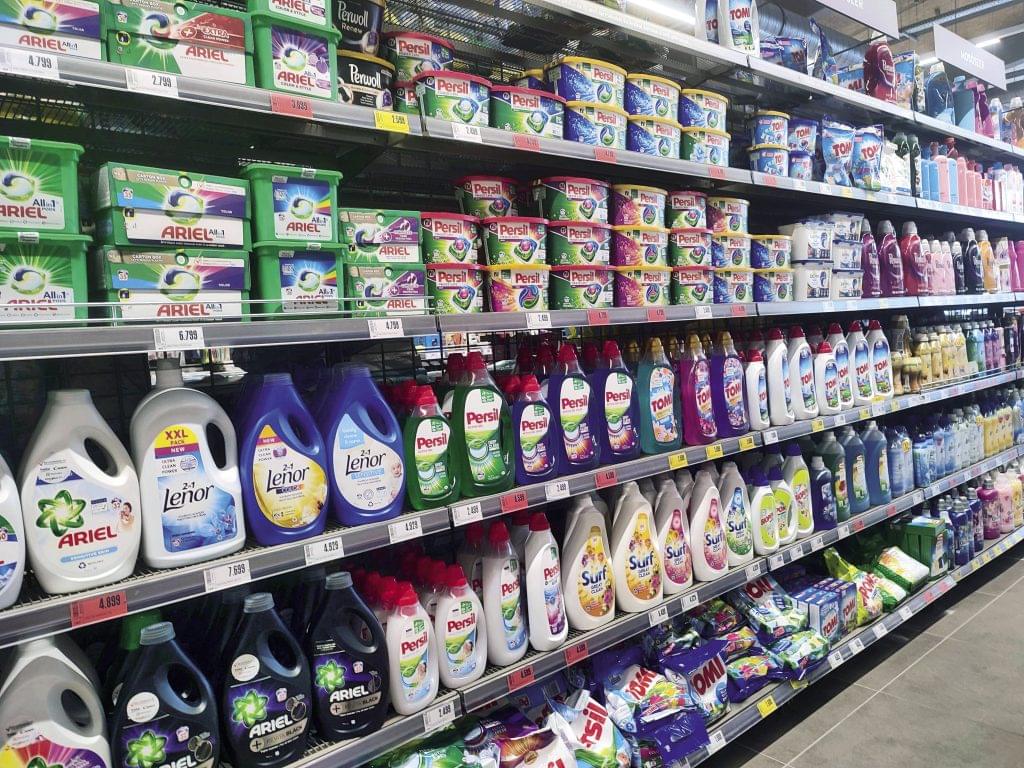
Liquid detergents are keep gaining ground and by now, they account for nearly 60% ot the total detergent category

Hedvig Császár
managing director
Hurricane
Hedvig Császár, Hurricane Bt.’s managing director (they are present in the market with the Anandam brand): “Anandam laundry detergent is available in gel format, and there are also fabric softeners marketed under this brand name. Washing powder has chances for strengthening its positions during the recession, thanks to its good price and longevity. Our products are natural laundry detergents and they are exceptionally efficient.”
Fabric softeners have remained important

Zita Rosta
junior brand manager
Henkel Magyarország
Zita Rosta, Henkel Magyarország Kft.’s junior brand manager informed our magazine that the fabric softener category grew by 9% in value last year, but volume sales were down 3%.
“Since their summer renewal, Silan products have produced strong sales growth in both value and volume. Most consumers decide which product to buy based on scent, and how long it lasts” – the junior brand manager told.
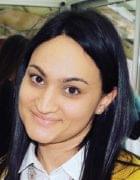
Anita Nagy
brand manager
Unilever
Anita Nagy, Unilever Magyarország Kft.’s brand manager spoke to Trade magazine about the premiumisation of the fabric softener category.
“Coccolino is one of the three big fabric softener brands, which has had a stable market leader position for years now” – said the brand manager. She added that hypermarkets are now less dominant in sales than before, as drugstores sell more than them, but discounters are there right behind drugstores.
Yvette Krubl reported that Lenor was the most popular fabric softener range sales-wise. In the premium segment, Procter&Gamble put the super-compact Lenor Fresh Air range on the market.
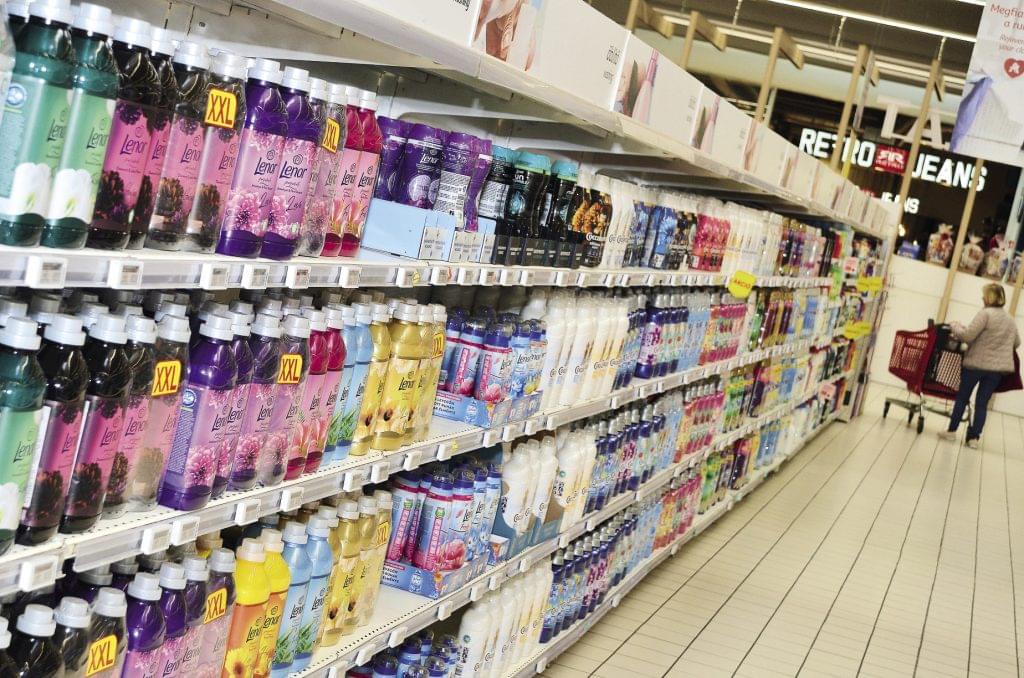
As in the past years, customers are looking for larger sizes and packs of fabric softeners because of the favourable price per litre
Strengthening eco products
In the eco fabric softener category, Herbow became the absolute market leader brand in June 2022, with a 35.3% market share. Katalin István explained that fragrance boosters represent a separate category in the fabric softener market, with a sales share around 5%. Super-concentrated Herbow 2in1 fragrance booster and fabric softener concentrates are key players in the category; the 200ml size is enough for 40 washes.
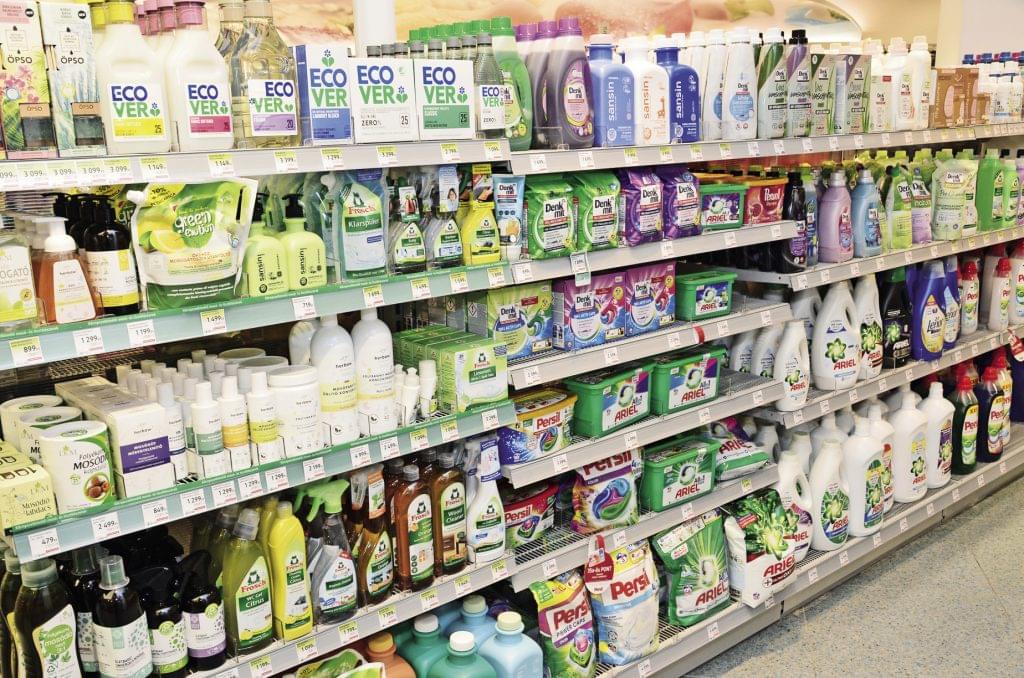
natural ingredients, skin- and environmentally-friendly formulations are increasingly important for shoppers
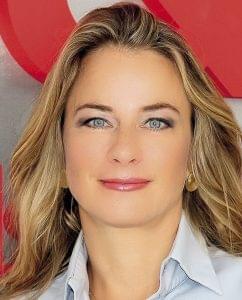
Nóra Tremmel
managing director
Brands and More Hungary
Nóra Tremmel, Brands and More Hungary Kft.’s managing director: “Shoppers who get to know our jasmine-scented eco fabric softener Green Emotion will keep returning to it, because they can feel that besides their clothes smelling nice and feeling soft, by using the product they don’t expose their skin to harmful materials, and they also protect the environment, as its packaging is made of recycled and recyclable material.”
Upgraded solutions
Procter&Gamble: the company is busy informing consumers about the green efforts of Ariel POD. The product is focusing on energy and water saving, and the brand new ECOCLIC cardboard box packaging, which has replaced the old plastic packaging, is made from responsibly manufactured raw material, plus it is 100% recyclable; it has already saved 6,500 tonnes of plastic in Europe.
Fabric softener Lenor Tavaszi ébredés has been the most popular Lenor product for years now. Lenor products are now made using a new formula, thanks to which they guarantee bigger freshness than ever before. Every product has plant-based components now.
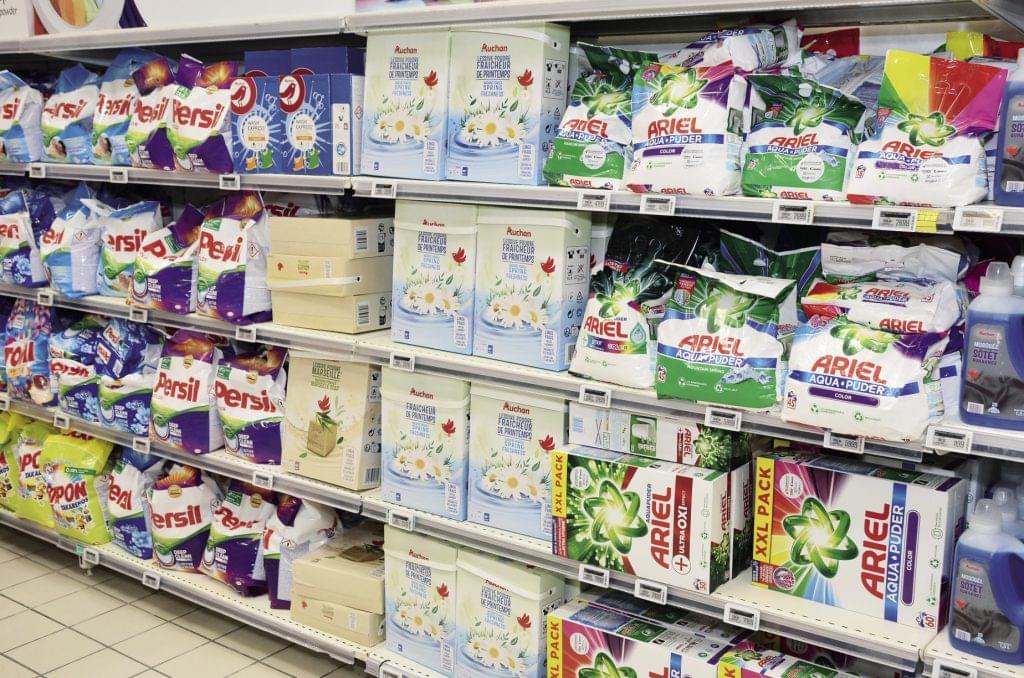
Five in ten Hungarians have changed their laundry habits to save money – this could have an impact on the market
Henkel Magyarország Kft.: three new fabric softeners hit the shops during the product revival in the summer of 2022 – Morning Sun in the classic segment, and Fascinating Jungle and Relaxing Maldives in the aroma therapy segment. 2023 will bring exciting new innovations in the Silan portfolio. Zita Rosta told that sensitive products are the 3rd most important segment for every top brand. The buyers of these are typically less inclined to switch to another segment.
Innovations inside and outside
Unilever Magyarország Kft.: in July 2021 the Coccolino fabric softener brand underwent full renewal, with the focus being on the ultra-concentrated product range and the Pro-Fibre formula. In 2022 the company introduced new duopack sizes.
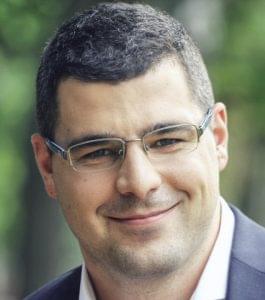
Dániel Kathi
head of business development
FCB Hungary
Dániel Kathi, FCB Hungary Zrt.’s head of business development: “We would like to explain consumers that Frosch is the brand in Hungary which caters for each and every household and washing need, and that both the products and their packaging are eco-friendly.”
At the end of 2022 or in early 2023, the Frosch brand will launch a packaging solution that stands alone in Europe.
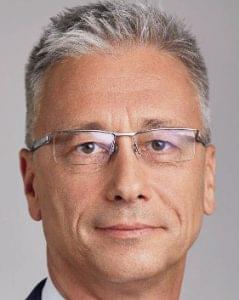
János Schreiner
commercial director
Herbow International
Herbow International Zrt.: the company’s biggest product launches this year were Herbow baby and bambino baby-friendly products, and the Herbow Pure sensitive skin, fragrance- and allergen-free product range.
“Our latest innovations indicate well that our goal is to develop green and natural products” – added commercial director János Schreiner. //
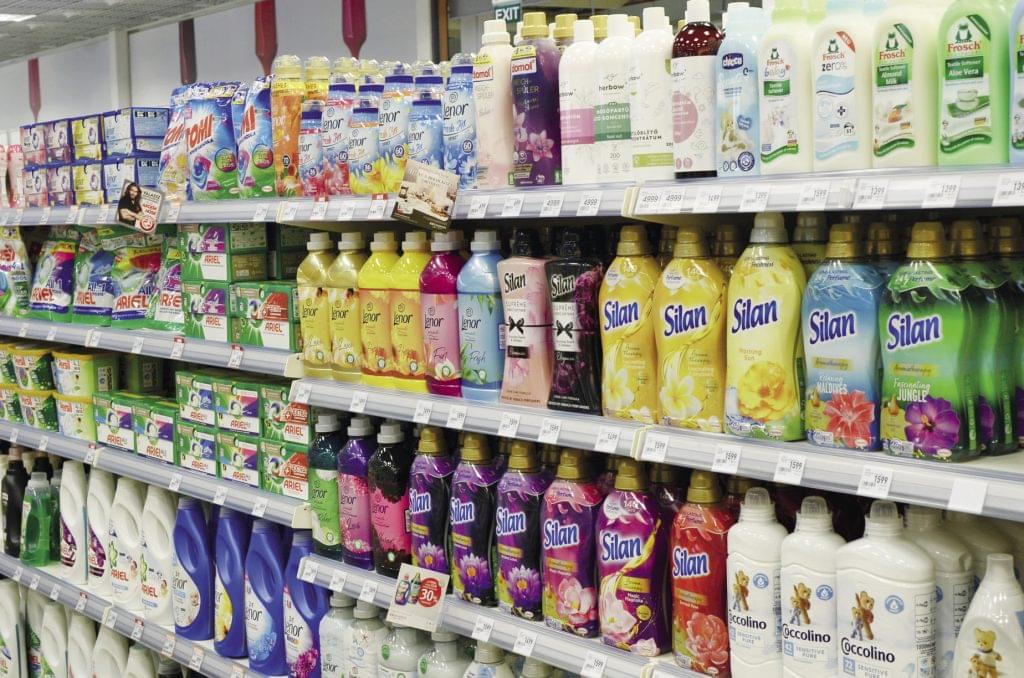
Preserving the lifetime of clothes is also a contribution to the environment – so it can be a relevant brand promise
//
Manufacturer brands stay popular among laundry detergents and fabric softeners
Hungarians put more than HUF 56bn worth of laundry detergent in their shopping baskets between August 2021 and July 2022. Like-for-like volume sales dropped 2%, as about 1 million litres less laundry detergent was taken home.
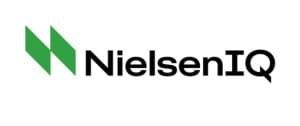
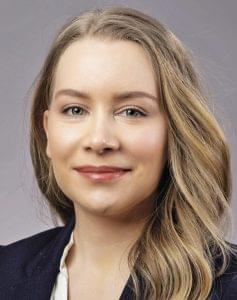
Guest writer:
Katalin Séra
senior analyst
NielsenIQ
In value, sales increased by 7% because of the inflation. Every third forint spent on laundry detergent went to shops bigger than 2,500m² and to those with a floor space of 401-2,500m².
Shoppers still trust manufacturer brands much more, as 93% of value sales were realised by these. More than half, 57% of laundry detergent sold were liquid, gel products, and the second most popular format was capsules, generating more than a quarter of sales. Third most popular was the powder format, which had a 16% share in value sales. The 40-, 60- and 20-load formats were the most popular, while measured in weight the 3kg size was the best-seller.
Fabric softener volume sales fell 4% in volume, but value sales improved by 7%, as Hungarians spent more than HUF 30bn on the category – in most cases visiting 401-2,500m² stores. Branded products are so popular that private labels had a mere 4% of the market. In the Hungarian market 95% of fabric softeners are sold in concentrate format. Size-wise the 1-1.99-litre format dominates, generating more than half of sales. However, in the examined period sales of 1-litre products grew the most, by 12%. //
Survey on washing habits during the energy crisis
Because of the current energy crisis, Hungarians may finally start using their washing machines more consciously. According to a new survey by Gorenje, 5 from 10 Hungarians have changed their washing habits in order to save money. 21% of respondents wash clothes fewer times, while nearly 20% wash at lower temperature now than before. 18% put more clothes in the washing machine, and 10% use the half load option. More than 40% like to wash at 40ºC the best, while 20% prefer 30ºC. Only 12% of consumers use the eco mode. Almost one third of respondents have a washing machine that is only 2-3 years old, and about 30% of them use 4-5 year old washing machines. Five from 10 consumers said: today they would choose a washing machine based not on price, but water and energy saving characteristics. //
Liquid laundry detergent instead of washing powder
In the last 12 months 80% of Hungarian households purchased some kind of laundry detergent and fabric softener.

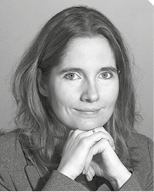
Krisztina Bakonyi-Kovács
senior product consultant
GfK Consumer Panel
The buyer base of washing powders is contracting: two years ago 23.4% of households were buying them, but this year this proportion was down at 22%. More than 40% of the washing powder was purchased in discount supermarkets, where 39% of volume sales were taken home in product sizes bigger than 5kg.
Gels and liquid laundry detergents have a higher penetration rate than washing powders: gels are at 46%, capsules have a 33% penetration rate and 28% buy other types of liquid laundry detergent. Two thirds of the households that use gel laundry detergent also bought other formats in the last year, typically combining it with liquid and capsule products. Fabric softener refills were only bought by a few thousands households two years ago, but by August 2022 this number went up to 60,000-70,000 households. Laundry detergent refills are also available, but the buyer base didn’t grow in the last few years. Two years ago 5% of households bought these products, this year only 4.3% did so. However, because of the increase in basket size, households took home 25% more refills in both categories. //
Sales growth and development projects from dm
Despite the changing market conditions, dm had a successful fiscal year with a HUF 162bn turnover, as like-for-like value sales grew by 21.79%. Dm’s rapidly growing online shop played a vital role in this good performance, as sales surged by 50% in this channel. In the 263 Hungarian dm stores 3,153 workers are serving shoppers. This year 3 new stores opened and 26 were modernised or moved to a new location. Dm stores are undergoing a renewal both inside and outside.
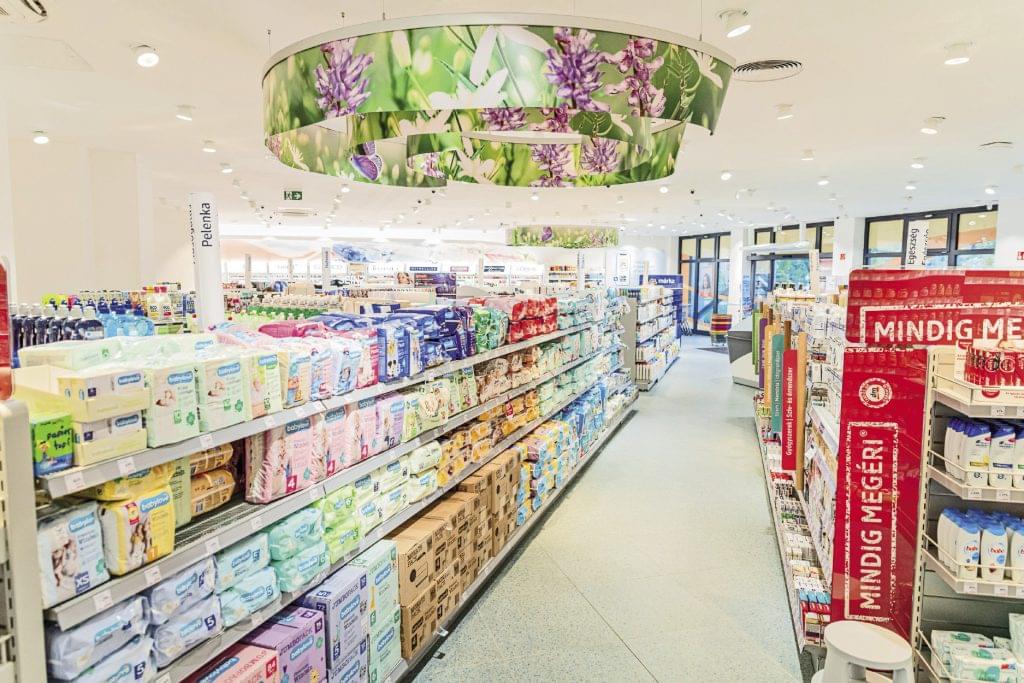
//
Best Employer award for Rossmann
With a 78% commitment score, Rossmann was named Best Employer in Kincentric’s independent survey – where the participation rate was 90%. Rossmann’s managing directors László Flórián and Kornél Németh told: they are proud of the fact that employees feel the company does everything to give them a stable background, creating the best working conditions possible.
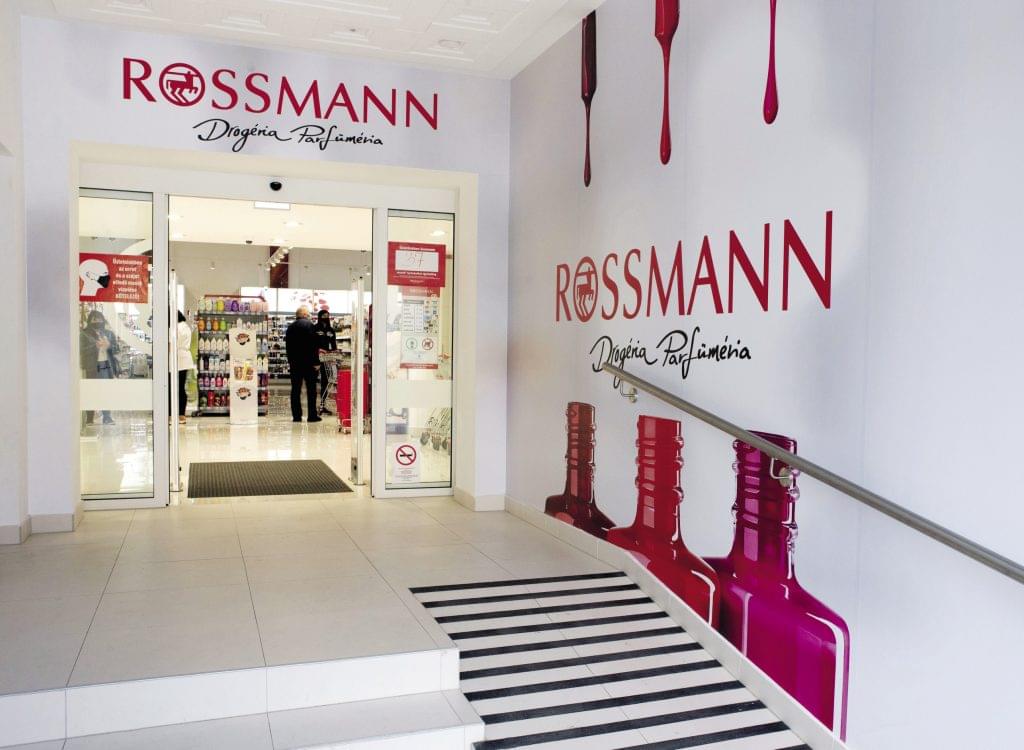
//
This article is available for reading in Trade magazin 2022.12-01.
Related news
New digital service for pregnant women and families with young children
dm has launched its digital service for new mothers and…
Read more >Henkel Hungary: Career, values, timeless trust
One of the world’s most comprehensive employer brand research studies,…
Read more >A “full-on” experience in the DM – got2b’s summer beauty event took self-expression to a new level
Creative self-expression, new dimensions of hair styling and uniqueness were…
Read more >Related news
Corporate leaders’ commitment to sustainability at record level
According to the latest data from the K&H Sustainability Index,…
Read more >FAO food price index rose slightly in June due to higher prices of meat, dairy products and vegetable oils
The Food and Agriculture Organization of the United Nations (FAO)…
Read more >What can cause the price of a wine to increase tenfold?
There are fewer of them worldwide than the number of…
Read more >
